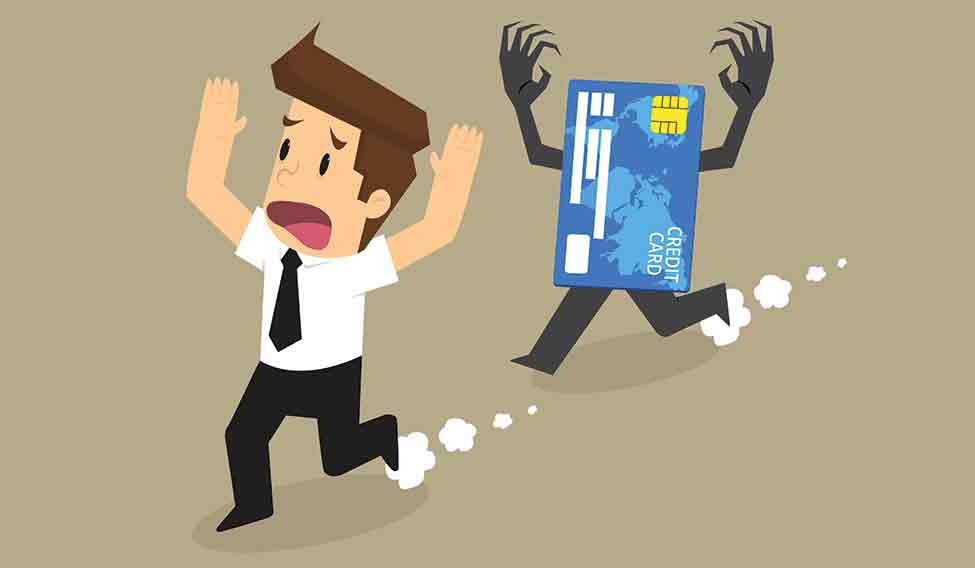In the ever-evolving landscape of life and career, personal development skills have taken center stage in steering one’s path to success. This article aims to shed light on these vital abilities, demonstrating how they act as catalysts in our professional growth and personal fulfillment.
Personal development skills aren’t just about climbing the corporate ladder; they’re about becoming the best version of ourselves, fostering healthier relationships, and contributing positively to society. By honing these skills, we can navigate life’s challenges with grace, resilience, and adaptability.
Understanding Personal Development Skills
Personal development skills, often referred to as soft skills or life skills, encompass a wide range of capabilities that foster our emotional, social, and intellectual growth. These aren’t industry-specific technical abilities but rather the foundational skills that enable us to interact effectively and harmoniously with others, manage our time and emotions, make sound decisions, and adapt to changing circumstances.
The importance of personal development skills lies in their universality and transferability. Regardless of your career, personal circumstances, or life goals, these skills will always serve you. They equip you with the tools to express your thoughts and feelings clearly, understand and empathize with others, solve problems creatively, lead with integrity, and embrace change with an open mind.
The beauty of personal development skills is that they can be learned and improved over time. As we explore each of these skills further in the following sections, remember: it’s not about mastering them overnight, but about continual growth and improvement. The journey of personal development is as valuable as the destination.
Communication Skills
Communication skills are pivotal to personal development and encompass much more than just the spoken or written word. They involve listening with empathy, expressing ourselves confidently, persuading effectively, and understanding non-verbal cues. Moreover, in today’s digital age, they extend to the realm of online and virtual interactions.
To enhance communication skills, it’s crucial to practice active listening, which involves fully concentrating on, understanding, and responding thoughtfully to the speaker. Also, improving body language, such as maintaining eye contact and adopting open postures, can convey confidence and respect. Lastly, exercising clarity and conciseness in both written and verbal communication can prevent misunderstandings and foster more productive interactions.
Emotional Intelligence
Emotional intelligence is the ability to recognize, understand, and manage our emotions and those of others. It’s an underpinning of many personal development skills, contributing to effective communication, problem-solving, and relationship management.
To improve emotional intelligence, start with self-awareness. Take time each day to reflect on your emotions and responses to different situations. Develop empathy by trying to understand and validate others’ feelings. Lastly, learn to manage your emotions better, particularly during stressful or challenging circumstances. Mindfulness exercises, like meditation, can be beneficial in this regard.
Time Management Skills
Time management skills are vital in our fast-paced world. They allow us to prioritize tasks, set and achieve goals, and find a balance between personal and professional responsibilities.
To improve time management, try implementing planning tools, such as calendars or project management apps. Prioritize tasks based on their urgency and importance, and avoid procrastination by breaking larger tasks into manageable parts. Learning to delegate appropriately can also save time and enhance productivity.
Problem-Solving Skills
Problem-solving skills enable us to confront challenges effectively and find optimal solutions. These skills involve critical thinking, creativity, decision-making, and resilience.
To enhance problem-solving abilities, cultivate a mindset that views problems as opportunities for growth rather than obstacles. Practice critical thinking by analyzing problems from different perspectives and questioning assumptions. Enhance decision-making by weighing pros and cons, considering potential outcomes, and trusting your judgment. Remember, resilience is key in problem-solving – not all solutions will work immediately, and that’s okay. Each attempt brings you one step closer to the solution.
Leadership Skills
Leadership skills are not only for those in managerial roles but are crucial for everyone as they contribute significantly to personal growth. They involve decision-making, delegation, motivation, and empathy.
Developing leadership skills can start with embracing responsibility, not just for successes but for failures too. A good leader can inspire and motivate others, so learning to articulate a clear vision and encourage others can be beneficial. Also, work on emotional intelligence as it enables leaders to empathize with others, understand their needs, and build strong relationships.
Adaptability and Flexibility
In our ever-changing world, adaptability and flexibility are vital personal development skills. They help us to adjust our thoughts and actions to new situations, overcome challenges, and seize unexpected opportunities.
To cultivate these qualities, try to embrace change rather than resisting it. Practice stepping out of your comfort zone regularly to build your resilience to new situations. Also, continuous learning, openness to feedback, and a positive attitude towards change are pivotal in developing adaptability and flexibility.
Continuous Learning and Self-Education
Continuous learning and self-education play a significant role in personal development. They ensure that our knowledge and skills remain updated and competitive in an evolving world.
To foster a mindset of self-education, maintain curiosity about the world around you. Utilize online resources, participate in relevant workshops or webinars, read regularly, and never shy away from asking questions. Remember, learning can come from unexpected sources, so stay open to new experiences and viewpoints.
To conclude,
Mastering personal development skills is essential for achieving success in various aspects of life. From effective communication and emotional intelligence to leadership skills and adaptability, each skill contributes uniquely to personal growth. Remember, the journey of personal development is ongoing. With persistence, openness, and a dedication to continuous learning, we can all enhance our personal development skills and pave the way for a more successful future.


















